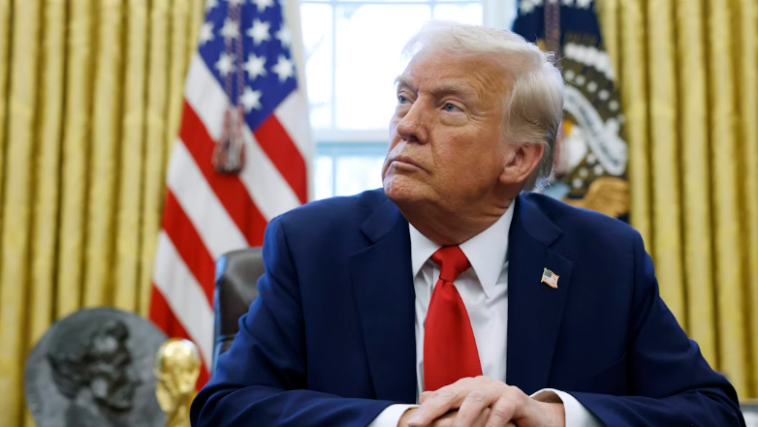President Donald Trump is poised to sign an executive order aimed at addressing rising crime rates and homelessness in Washington, D.C. The directive, expected as early as this week, will instruct federal agencies to enforce stricter penalties for both violent and minor offenses, dismantle homeless encampments, and remove graffiti throughout the nation’s capital.
The executive order will mandate federal prosecutors to pursue more severe charges for gun-related crimes and quality-of-life offenses, such as public urination. Additionally, it seeks to reinstate a 2020 order that protected national monuments, with a particular focus on federal parks managed by the National Park Service.
Discussions between the White House and D.C. Mayor Muriel Bowser’s office are ongoing to finalize the specifics of the order. Despite previous political differences, both parties appear to align on the need for a more assertive approach to crime and enhanced resources for law enforcement in the city.
Recent data from the Metropolitan Police Department indicates a 57% increase in homicides in 2025 compared to the same period in 2024, underscoring the urgency of the administration’s initiative.
This move reflects President Trump’s campaign commitment to revitalize Washington, D.C., which he has criticized as being plagued by crime and mismanagement. He pledged to “take over the horribly run capital of our nation… and clean it up, renovate it, and rebuild our capital city so there is no longer a nightmare of murder and crime.”
The administration has also been engaging with community members affected by violent crimes, inviting them to participate in an event scheduled for Friday, which may coincide with the signing of the executive order.
While the initiative has garnered support from those advocating for enhanced public safety measures, it has also raised concerns regarding potential federal overreach into the city’s governance. Notably, two Republican congressmen have recently proposed legislation to repeal the District’s Home Rule Act, which currently grants residents the authority to elect their local government officials.
As the situation develops, the balance between federal intervention and local autonomy remains a focal point of discussion among policymakers and the public.


